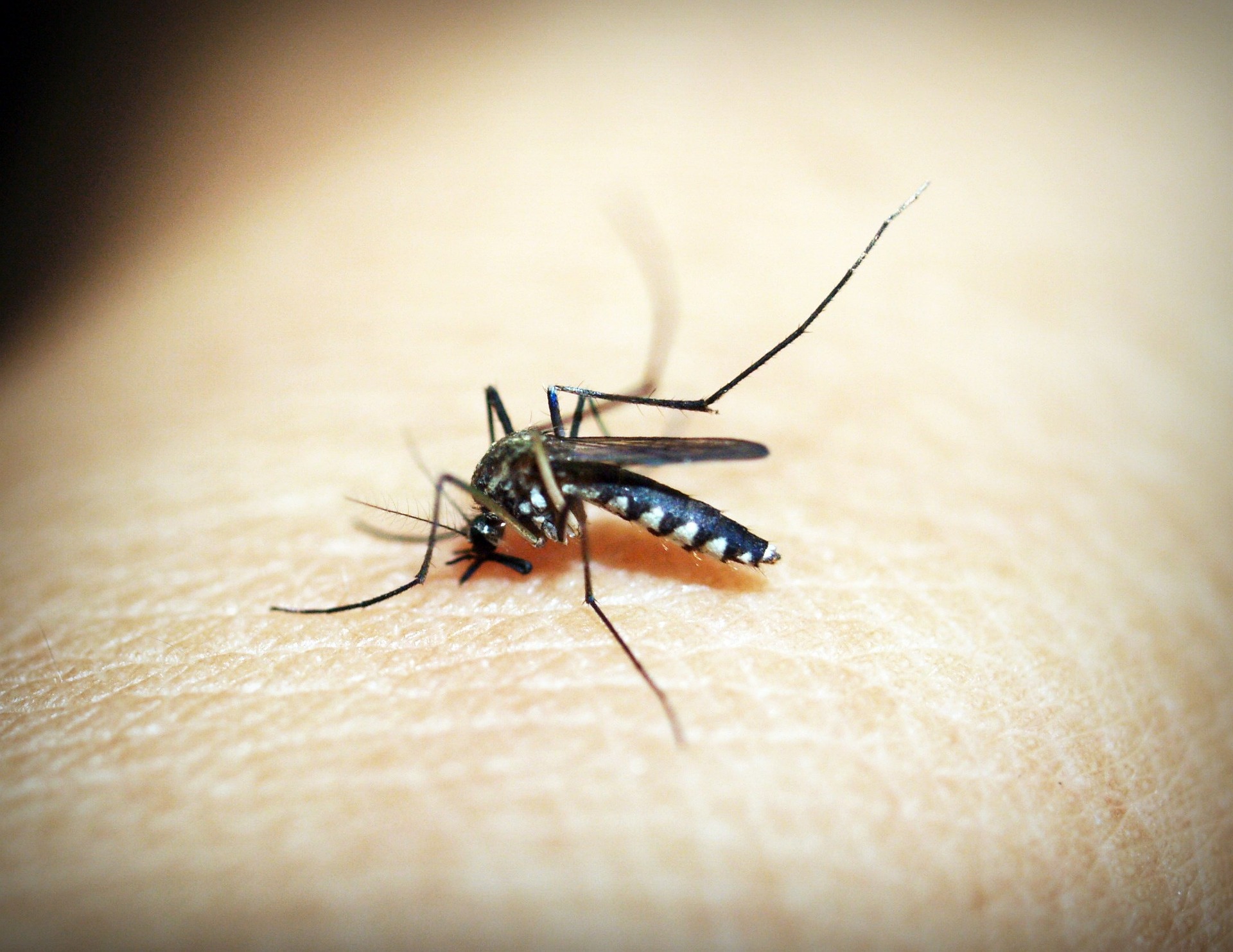If you’ve ever had a mosquito bite, you are aware of how annoying they can be. The tiny red pimples enlarge quickly and cause an itch that, if you begin scratching them, only seems to get worse. In a vicious cycle that can leave you uncomfortable, sore, and covered in red pimples, the more you scratch, the more they itch.
Some people appear to be mosquito magnets, drawing the insects to them wherever they go and biting any exposed flesh; other people, however, seem to escape completely undamaged and without itching.
What factors influence mosquito prey selection and how can we ward them off? We talked to various professionals to get their suggestions.
What causes an itchy mosquito bite?
A mosquito bites you by puncturing the skin and sucking blood through a particular mouthpart called a proboscis. According to the US Centers for Disease Control and Prevention, a mosquito injects saliva into your skin while it feeds on your blood.
You don’t feel the bite until the mosquito has flown away. This is because a mosquito’s saliva contains an anesthetic-like characteristic. Additionally, it contains anticoagulants to prevent clotting of the blood.
Many of the proteins found in mosquito saliva are allergens. Because our bodies see insect proteins as foreign, our immune cells mobilize to combat them.
The itch is essentially the body’s reaction to the alien mosquito protein it is attempting to fight, not the bite itself. Because of this, some people may only experience a minor reaction to bites, but others who are more sensitive to the foreign protein respond with painfully severe swelling.
Furthermore, since only female mosquitoes bite, it is unnecessary to be angry with male mosquitoes. They bite in order to consume blood because most female mosquitoes need it in order to lay eggs.
Why do mosquitoes pick certain prey?
Mosquitoes can smell us from a great distance through the carbon dioxide we exhale, and that is what first draws them close. As they come close to a host, they use a variety of other indications to focus in. These include observable elements like colors, forms, and sizes. Dark colors stand out more, especially in regards to backdrops and contrasts, which is why they are not advised in areas where mosquitos live.
Other chemical cues, such as breath scents, metabolites of the microbiota on our skin, or other common human aromas like octenol, ammonia, caproic acid, or lactic acid, all interact with our carbon dioxide to make us more or less attractive to various mosquito species, he continued.
It is likely a mix of a person’s carbon dioxide and other scents that attracts mosquitoes. It’s still unclear exactly why some people are more appealing to mosquitoes than others.
The amount and type of body odor that a person gives out could be an explanation. Although some studies have suggested that blood type, blood sweetness, or gender (women are thought to be more appealing to mosquitoes) may be to blame, nothing has been proven beyond a reasonable doubt.
What prevents you from wanting to scratch?
The majority of specialists and medical professionals advise “don’t scratch.” Even though it may sound difficult and occasionally unfeasible, scratching causes skin inflammation, which makes the itch on the skin worse.
Many experts warn that scratching may also make the irritation last longer and cause secondary infections, and that, in extreme cases, people might scar themselves.
Instead, there are hundreds of lotions, sprays, home cures, and insect repellents that promise to relieve itching. Therefore, deciding which is best for you frequently requires trial and error.
The numerous anti-itch creams are, in general, pretty comparable. In general, it is advised that if you have severe insect allergies, you may need a lotion containing Benadryl or another antihistamine.
Immediately rinsing the bite with hot water is advised. Extremely hot water—as hot as you can tolerate but not so hot that you burn yourself—short-circuits the itch reaction. A topical lidocaine local anesthetic gel can be beneficial to prevent the feeling of itching, as well as an over-the-counter corticosteroid cream, if you’re hiking and that’s not practicable.
Despite the fact that many people choose herbal cures or natural goods, experts advise caution. These cures may have their own warnings or adverse effects, and there is no scientific proof that they work.
In actuality, avoiding a bite altogether is the best way to soothe the itching.
Chemical repellents, such as DEET or picaridin, are both safe and quite effective. They are approved by the CDC and registered with the Environmental Protection Agency.
For those people that are concerned about the toxicity of the substance, it is advised to treat a tiny area first, like with any treatment, to check for allergic reactions. Additionally, be sure to read the label and adhere to any usage instructions.
The CDC provides EPA-registered alternatives for insect repellents on its website, and the EPA website has a search function to help you select the proper one.
When should you get medical help?
Although it is uncommon in practice, some people can experience severe allergic reactions to mosquitoes. You should get medical help right away if you have severe symptoms like anaphylaxis, breathing difficulties, or hives.
If you want to visit a nation where blood-borne diseases like the Zika virus and malaria are widespread, you should also visit a doctor. Although some diseases are transmitted by mosquitoes, your doctor can let you know if there are any immunizations or other preventive measures you can take.




